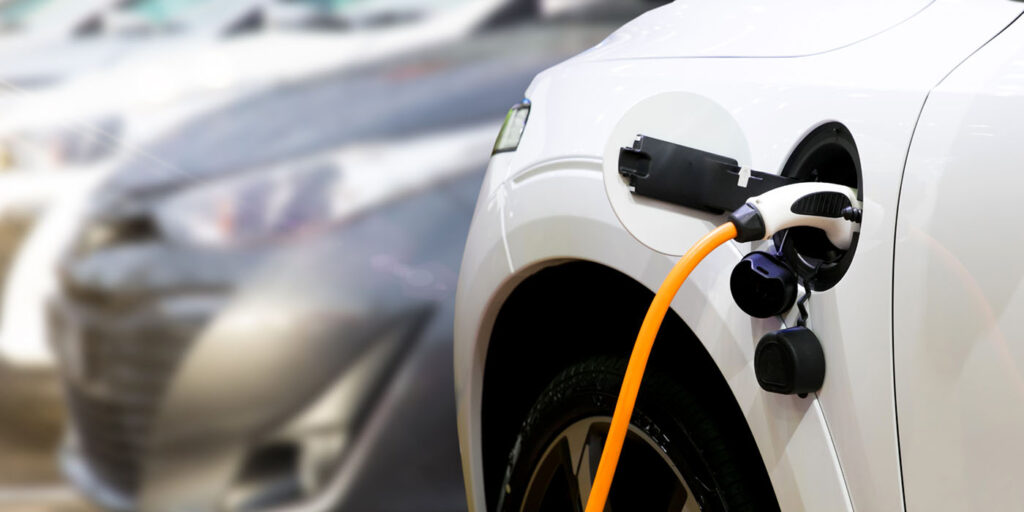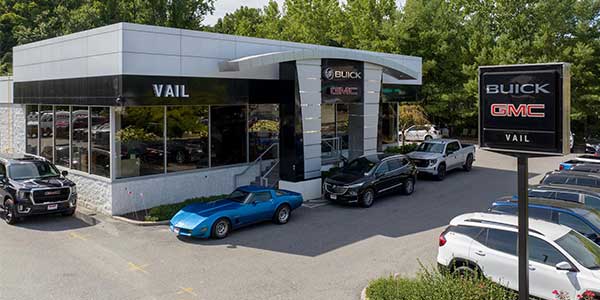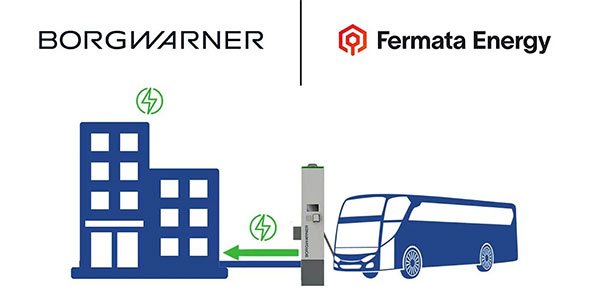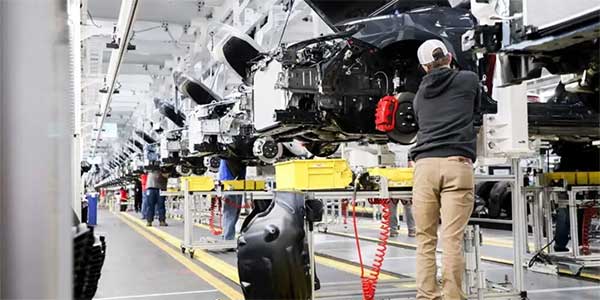Prior to the COVID-19 pandemic’s effects on the automotive industry, electric vehicles (EV) were increasingly grabbing headlines even though the sales of these vehicles were miniscule compared with gas-powered cars and trucks. In fact, the combined annual sales of battery electric vehicles and plug-in hybrid electric vehicles tipped over the 2-million-vehicle mark for the first time in 2019.1
While this milestone was notable for EV fans worldwide, it still paled in comparison to overall annual new vehicle sales, which consistently neared 17 million prior to the pandemic. Nevertheless, changing consumer behaviors and a rapidly increasing focus toward reducing the global carbon footprint has placed a much greater focus on EV cars and trucks in the near future.
Many vehicle manufacturers have unveiled plans to either launch new EV cars and trucks, or they have made plans to electrify significant portions of their current fleets over the next decade, with some announcing goals for fully electrified lineups in as little as five years.
EV Cars and Trucks are Coming
A record number of almost 100 pure battery electric vehicles (BEVs) are set to debut by the end of 2024, according to these plans.2
Revised goals for a reduced carbon footprint are driving much of this shift.
President Biden recently unveiled a major component of his administration’s plan to battle the growing climate crisis. In early August, he announced a new target that half of vehicles sold in the country by 2030 will be battery electric, fuel-cell electric or plug-in hybrid. Along with major automakers by his side, approximately 40% to 50% of cars and trucks sold by 2030 will need to be electric vehicles.3
How This Onslaught Impacts Lessors
While many cheered at this announcement, lessors and the captive lending arms of manufacturers must take notice of how this shift will impact the residual risk that lies within their vehicle portfolios. Similarly to how the makeup of portfolios were drastically altered in the period between 2009 and 2015 when SUVs, trucks and crossovers replaced the majority of sedans, residual risk will once again see a shift when the inevitable takes place: EV cars and trucks become the majority of portfolios over internal combustion engine (ICE) vehicles.
This shift is no longer a matter of if but a matter of when, and this change will impact many within the automotive ecosystem, including leasing companies. Lessors have reason to fear that leased ICE vehicles may come back as inferior products compared with the excitement surrounding the onslaught of EV cars and trucks as well as the eventual growing demand for them. This shift could result in another round of significant portfolio losses not seen since the financial credit freeze of 2009 and subsequent shift from sedan to truck/SUV.
What Can Lessors Do to Prepare?
Given that we know this eventual shift will take place, especially with the benefit of history telling us these changes do have a material impact on portfolios, lessors should be preparing today.
Lessors today need to pay close attention to their portfolio management. They should pay closer attention to the addition of EV cars and trucks and then maintain a balanced portfolio of ICE and EV vehicles in proportion to their new sales volume.
Lessors should also prepare to engage in proactive remarketing to stay ahead of the curve by proactively remarketing residual-challenged vehicles or vehicles that are trending down with attractive consumer and dealer buy-out packages.
Furthermore, lessors should educate themselves on residual value insurance against residual value loss as the industry navigates through a heightened period of residual value risk, especially since no one has the crystal ball of when exactly this shift will take place.
Why is residual value insurance critical? It is an especially effective tool for aiding lessors (OEM captives, banks, and credit unions) when used vehicle prices are or will be volatile. When a major change occurs in consumer preferences (such as the inevitable movement toward EV), which effects changes in supply, demand and pricing, the risk that lessors are exposed to — i.e. that their residual values will be higher on ICE vehicles than the market will bear when they come back to market — is great, and they will need protection.
It also sets a floor under the amount of residual losses a lessor can have and can free up capital that a lessor would have to reserve in a time of uncertainty, facilitating the lessor to put its capital to more productive use, i.e. growing the business.
Few people within the automotive industry have a crystal ball showing when this eventual shift in preference to EV vehicles will take place. However, based on the actions, strategies and plans of not only the vehicle manufacturers but also global governments, we know this is where the industry is headed. It is time for lessors to realize this eventual shift and take the necessary steps to plan their portfolios accordingly.
1https://www.iea.org/reports/global-ev-outlook-2020
2https://www.consumerreports.org/hybrids-evs/why-electric-cars-may-soon-flood-the-us-market/
3https://www.cnn.com/2021/08/05/politics/biden-emissions-standards-electric-vehicles/index.html














